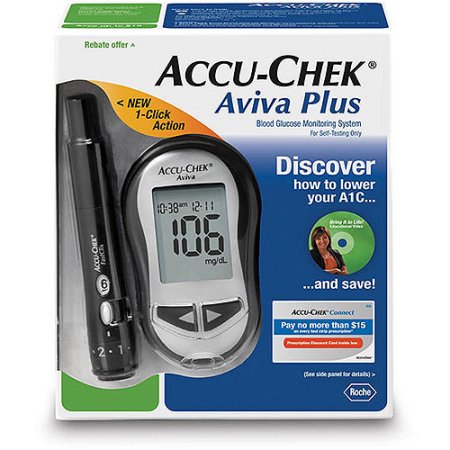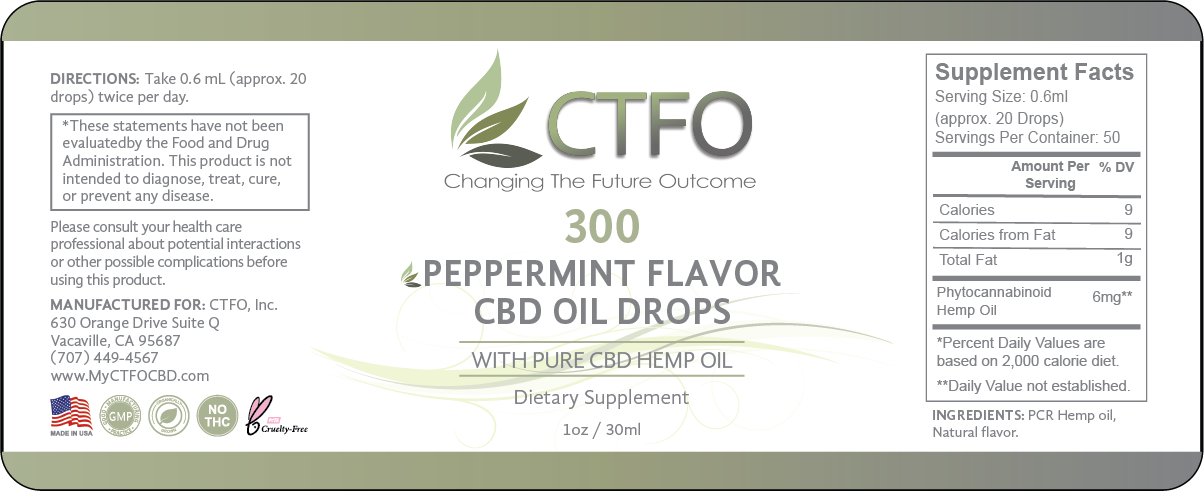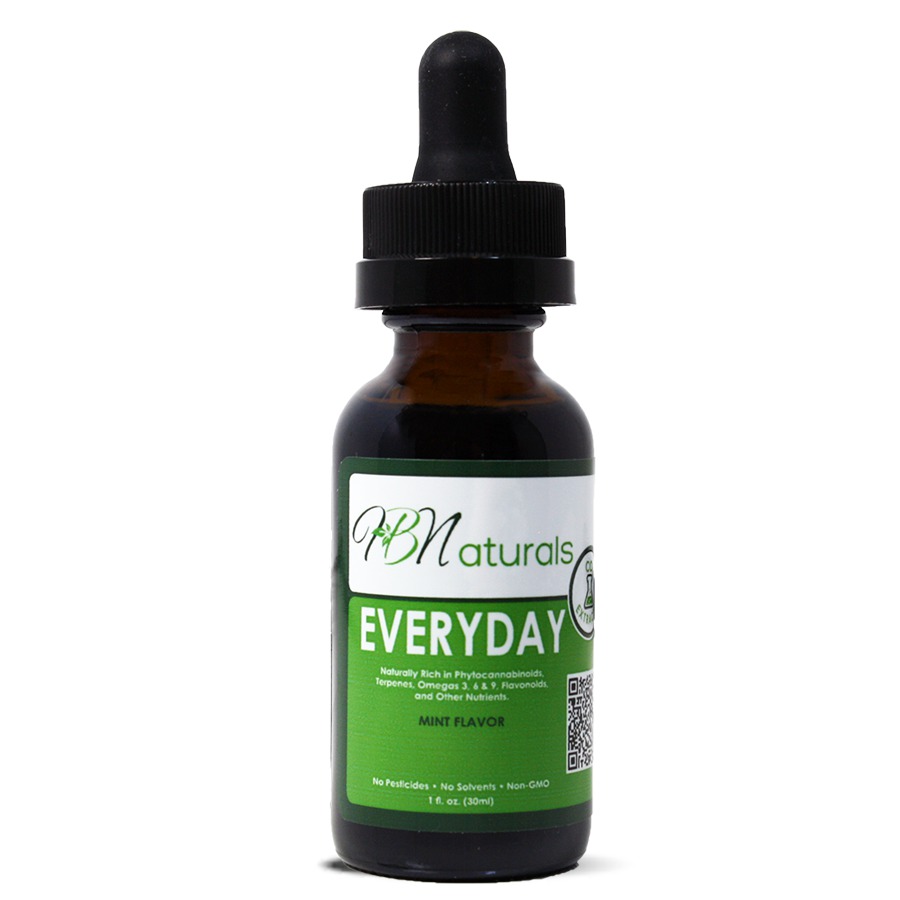In 2014, I found my blood glucose was hgher than the normal value. My fasting blood sugar level was ranged from 100 to 125 mg/dL and was higher than the normal level, 100 mg/dL.
Since then, I started to monitor my blood glucose level. I have been using the Accu Check Aviva Plus system to measure my blood glucose myself, besides my regular checkup with official blood glucose measurements. The self blood glucose measurement system contains the following items:
By control my diet and regular exercises, I were able to control my blood glucose level below 125 mg/dL. However, since the beginning of 2016 I found that my glucose level was swing between 100 and 200 mg/dL despite my personal efforts to control the blood sugar.
In March 2016 I started to take 500 mg Metformin per day, which have been giving me proper control of my blood sugar. However, occasionally I found my blood glucose reached 200 mg/dL when my diet control and other activities were not optimal.
Recent interest in cannabidol (CBD) to many medical conditions attracts my curiosity: does CBD oil help diabetes?
So far, there have been no advanced clinical studies on the effects of CBD on diabetes. There is no FDA approved CBD products for treatment of diabetes.
At this stage, the scientific evidence of CBD for diabetes treatment is largely based on the animal studies.
Diabetes occurs when the human body has trouble regulating the level of glucose in the bloodstream. In healthy individuals, the pancreas produces a hormone called insulin, which works to transport glucose molecules across cell membranes and into cells for energy production.
In diabetic people (in this article we focus on mostly type II diabetes), the body is unable to maintain glucose at a healthy level in the bloodstream. Irregular or unstable glucose levels can cause a huge numbers of serious, life-threatening conditions, such as heart and blood vessel diseases, never damage, stroke, kidney diseases, and vision problems.
It is well described that CBD receptors are highly prevalent in the islet cells of human pancreas. In fact, endocannabinoid receptors or CB-1 receprtos have been found specifically in the ilslet cell, co-location where insulin is produced. Stimulus of these receptors in the islet cells have linked to insulin production.
It is no doubt that endocannabinoid system is the most important physiologic system involved in establishing and maintaining human health and play ciritcal role in regulating homeostasis and in maintaining normative operating conditions. CBD may be useful for the following situations:
- To improve the function and/or production of insulin
- To decrease insulin resistance
- To improve overall blood sugar level
- To alleviate the spectrum of side effects caused by irregular blood sugar levels
Thus, CBD may help diabetes in the following ways:
Prevention of Obesity
Obesity and a large waist circumference are well-known risk factors for type two diabetes.
Research shows that cannabis and hemp use has been linked to a smaller waist circumference, a lower BMI (body mass index) and decreased obesity levels.
CBD performs several different functions in the body that contribute to its weight management benefits. In addition to helping users get rid of extra weight in the form of inflammation, it may also act as an appetite suppressant. As a result, it would help people avoid overeating and gaining weight.
One of the most prominent factors associated with the development of insulin resistance in Type 2 diabetes is chronic inflammation related to obesity. The excessive presence of fatty tissue in obese Type 2 diabetics drastically limits the efficiency of glucose metabolism, which in turn results in high levels of sugar building up in the bloodstream. The specific anti-inflammatory properties of CBD, however, have long been known to directly combat glucose metabolic disorders and improve overall metabolism.
CBD may also contribute to the process of fat browning. During this process, white adipose is converted to brown adipose. White adipose stores energy (calories), but brown adipose improves the body’s energy-burning capabilities. CBD is believed to help the body burn calories more efficiently.
Treatment of Neuropathy
For people who currently struggle with diabetes, neuropathy, or nerve damage, is a common occurrence. Most diabetics experience neuropathy in the hands and feet, but any organ can be affected.
Common symptoms of diabetic neuropathy include pain, numbness, and tingling in the affected area.
Studies suggest that CBD appears to work better than conventional medicine when it comes to treating diabetic neuropathy.
Researchers believe this is the case because CBD may increase the body’s levels of nerve growth factor. CBD may also protect the liver from oxidative stress, which seems to contribute to the development of neuropathy.
Treatment of Insulin Resistance
Insulin resistance occurs when the body’s cells reject insulin, which is produced by the pancreas to regulate blood sugar. When the cells reject insulin, they cannot absorb glucose (sugar), which is needed for energy. This causes glucose to build up in the bloodstream and lead to high blood sugar levels.
Insulin resistance is a key factor in prediabetes and type 2 diabetes. Many studies have a shown a connection between chronic inflammation and insulin resistance. A lack of inflammation can also improve cell growth and improve sugar metabolism.
If all of these systems throughout the body are working as efficiently as possible, the chances of developing insulin resistance and diabetes are decreased.
Enhance Healing for Skin Complications
In addition to neuropathy, many diabetics also struggle with chronic skin sensitivity and irritation.
Common issues include sores on the feet and rashes on various parts of the body.
CBD may help heal these skin conditions and provide diabetics relief from the itching, burning, and general discomfort that accompanies them.
CBD’s anti-inflammatory and moisturizing benefits may help soothe irritation. They may also speed up the body’s natural healing processes. Studies suggest that CBD has anti-aging properties, too, that may be beneficial for healing and preventing painful skin conditions.
Prevention of Diabetes
One of the most important ways that CBD possibly affects diabetes has to do with preventing the disease from occurring in the first place.
My Action
There is no doubt that CBD helps diabetes in a number of ways as described above. Right now, my blood glucose swing between 100 and 200 mg/dL. Apparently I have pre-diabetes.
I decide to use CBD for my conditions. I ordered CBD from CTFO that provide high quality products. The product is shown in picture below. It is the lowest dose, containing 300 mg of CBD.
I will document my dose of CBD and blood glucose level in my treatment in the coming days.
Update June 14, 2019
Besides CBD from CTFO, I tried CBD from different sources. Among them, I like CBD from Heart & Body Naturals, which provides high quality and lowest price product. As of June 14, 2019, the 300 mg CBD costs $39.95. The name of CBD product is EVERYDAY.
To learn more about EVERYDAY, please click HERE.
I tested CBD for about two months now. So far, my glucose level is between 80 to 116 mg/ml, which is lower than before I used CBD, which ranges from 90 to 190 mg/ml. I plan to use CBD daily and monitor my blood glucose level regularly.
Conclusion
Significant link exists between the use of CBD and better blood sugar levels, although we are waiting for more results from well-designed scientific studies. Based on the current view, CBD has good safety profile. It is worth to have a test of the magic agent for my pre-diabetes. I will show my use experience with you soon.


